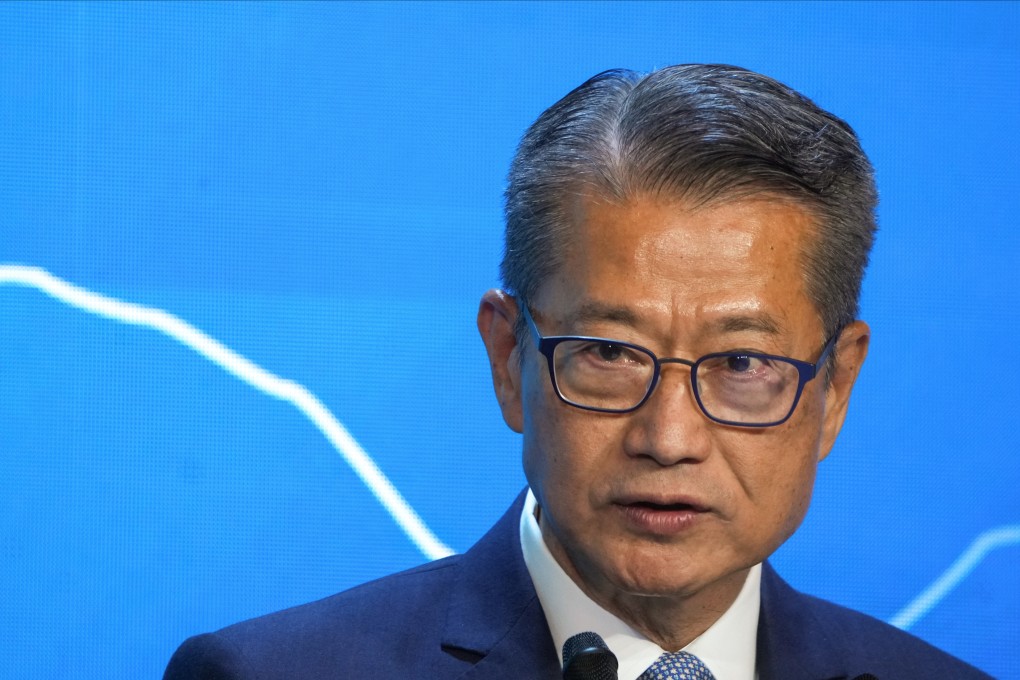Editorial | Implosion of FTX shows the need for proper regulation
- In light of the cryptocurrency industry’s crisis, insiders can no longer claim they are above regulation or that governments just don’t ‘get it’. The hype has turned out to be just like any other financial manias of the past

Cryptos are collapsing like dominoes around the world in the wake of FTX’s implosion, one of the largest exchanges of its kind. The crisis is sweeping our shores. The Hong Kong-based crypto exchange Atom Asset Exchange (AAX), founded just four years ago, has suspended all withdrawals since the middle of last month. Its management team is incommunicado and the size of the losses is as yet unknown.
A statement from AAX claiming “no funds have been compromised” is hardly reassuring to investors, given its de facto closure.
Hong Kong may have dodged a bullet after FTX left town while complaining about local regulations. But it remains to be seen if the ricochet still hurts thousands of local investors who are potentially exposed to AAX.
Despite the FTX fiasco, Financial Secretary Paul Chan Mo-po has said virtual assets and cryptocurrencies are “unstoppable”. The city is therefore eager to catch up with Singapore when it comes to financial innovations.

But Hong Kong should be mindful that the Lion City’s state investment arm Temasek has suffered “reputational damage” after a failed bet on FTX led to a write-down of US$275 million, or about 1 per cent of its net portfolio value of US$293.97 billion at March 31.
